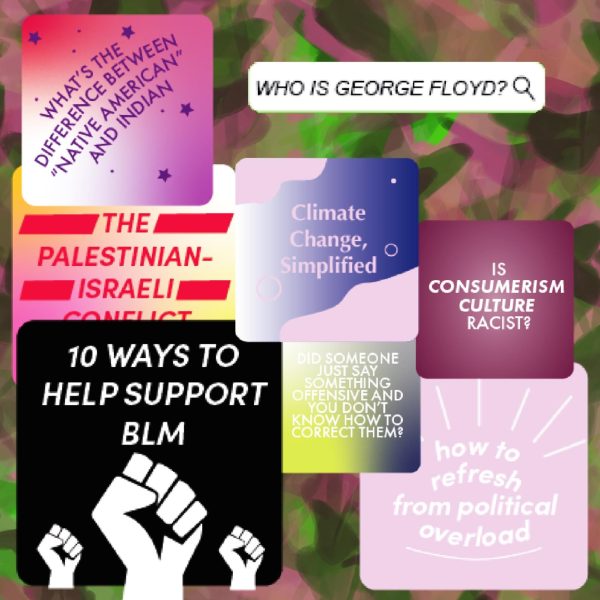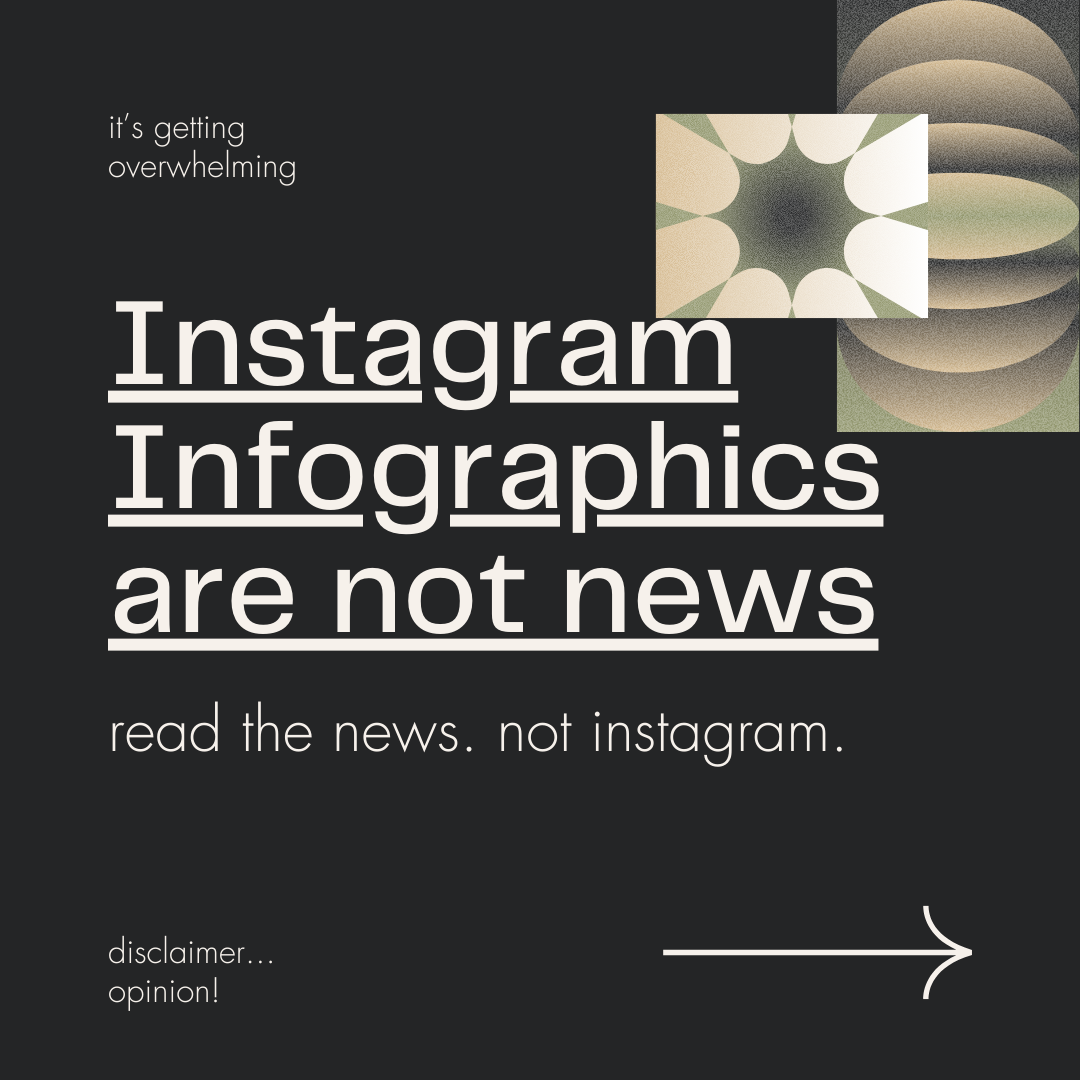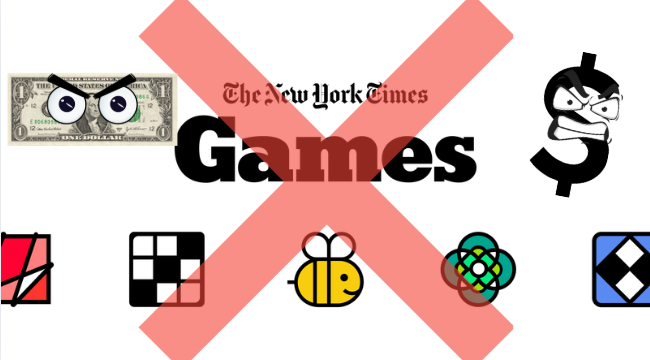The last few weeks on social media have been overwhelming, to say the least. As I scroll through my Instagram stories, it’s a constant spiral of completely polarizing opinions and news stories, many expressed through infographic posts. While I acknowledge the importance of talking about these issues, I find myself confused about which sources I can trust.
Social media is regarded as one of the most powerful tools of our generation. But is it more of a weapon than anything? Scrolling through Instagram stories, you’ve more than likely seen people repost some sort of activism infographic. The infographic tries to explain certain issues to a wide audience of whoever is willing to listen. Most likely, these infographics are made to be aesthetically pleasing to catch the eyes of the average teenager. Soft colors, bold fonts, cute borders. Bold, attention-grabbing headlines and stark statistics.
Many users are quick to repost these infographics because of an immediately shared opinion on the post, but that’s the problem. Most of these infographics aren’t from reliable sources.
Unfortunately, the people behind a majority of these infographics aren’t journalists or experts. Instead, it’s media teams trying to make digestible news for those on social media. While digestible news should be a good thing, these infographics completely oversimplify extremely complex topics. Court cases, wars, and global affairs have many layers and perspectives involved. These posts beautify real-world issues through aesthetically pleasing infographics.
Junior Lucy Emrich is on Instagram and also has felt overwhelmed by social media recently. She doesn’t think many students understand the importance of news sources.

“I think most of the time [the sources are] not [credible] because sometimes the Instagram account [students] repost if you check what the user is, it’ll be like New York Times or a reputable source,” Emrich said. “But most people aren’t checking the source. And a lot of times it’s just some other random user that doesn’t have any credibility, and most of the audience that’s seeing these stories isn’t going to know the difference between it being a reputable online news source and some random person.”
More recently, it has become abundantly clear that issues such as the environment, political affairs, or wars cannot be boiled down to a four-slide Instagram post showing only one side of the argument. Not only are these posts biased, they can also be extremely misinformed. It’s concerning because these posts receive thousands of likes and shares. This is dangerous because it doesn’t tell the whole story but forms a whole new narrative, especially in the minds of young people who don’t have media literacy skills developed yet or understand the complexities of global affairs.
Digital activism has gotten out of hand. It seems that the majority of social media users have good intentions of utilizing a platform to share important information. However, this can get rather messy when something misinformed gets reposted. Sadly, many people believe everything they see online, making this all the more dangerous. Teens are especially susceptible to “bandwagoning” on their friend’s opinions. This way, one person’s misinformed opinion can quickly become a thousand people’s misinformed opinion.
Social media can be such a powerful tool for raising awareness quickly, in a way that wasn’t around 15 years ago. Social media can give voices to those who need to be heard. But if you don’t know anything about a topic, don’t repost it on Instagram. It’s not your responsibility to spread awareness about an issue you didn’t know about five minutes ago. You are not an activist simply for reposting “woke” tweets to your feed. Leave the news reporting to the journalists.
It is your responsibility, however, to be an informed citizen who can make smart decisions and educate yourself on the complexities of the current social environment. If you feel as if you must make a statement online, read the news first. Not just one single article. Read stories from multiple sources on different sides of the political spectrum. (I recommend the app AllSides to see current headlines placed on the political spectrum.) Have humility in your opinions and listen to the stories of others. And before you repost think, Is this harmful to any other communities? Can this be misinterpreted easily? Is this resource reputable or does it have any bias?
It’s very easy and very normal to feel lost when scrolling through social media. It can feel like the autonomy of your own opinions is taken away from you, feeling pressured by what your friends have to say about certain topics. The best thing you can do is take every piece of media you consume with a grain of salt and do your own informed research. It can be stressful, but that’s the world we live in.










Ashley Amelianovich • Oct 26, 2023 at 11:19 am
Yes yes yes! This is a plug for more media literacy for social media consumers of ALL ages!